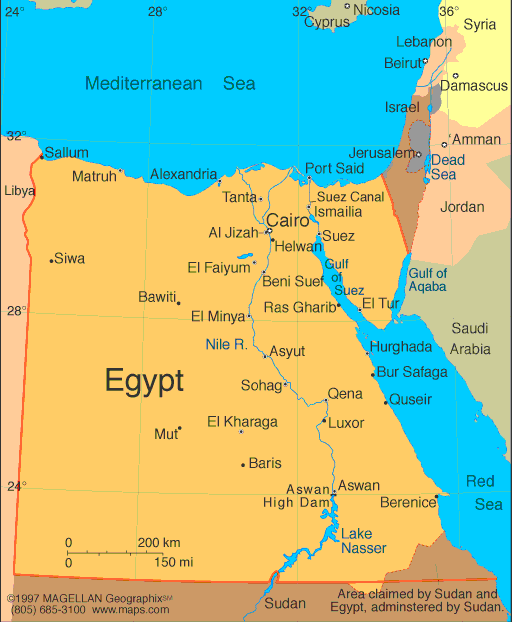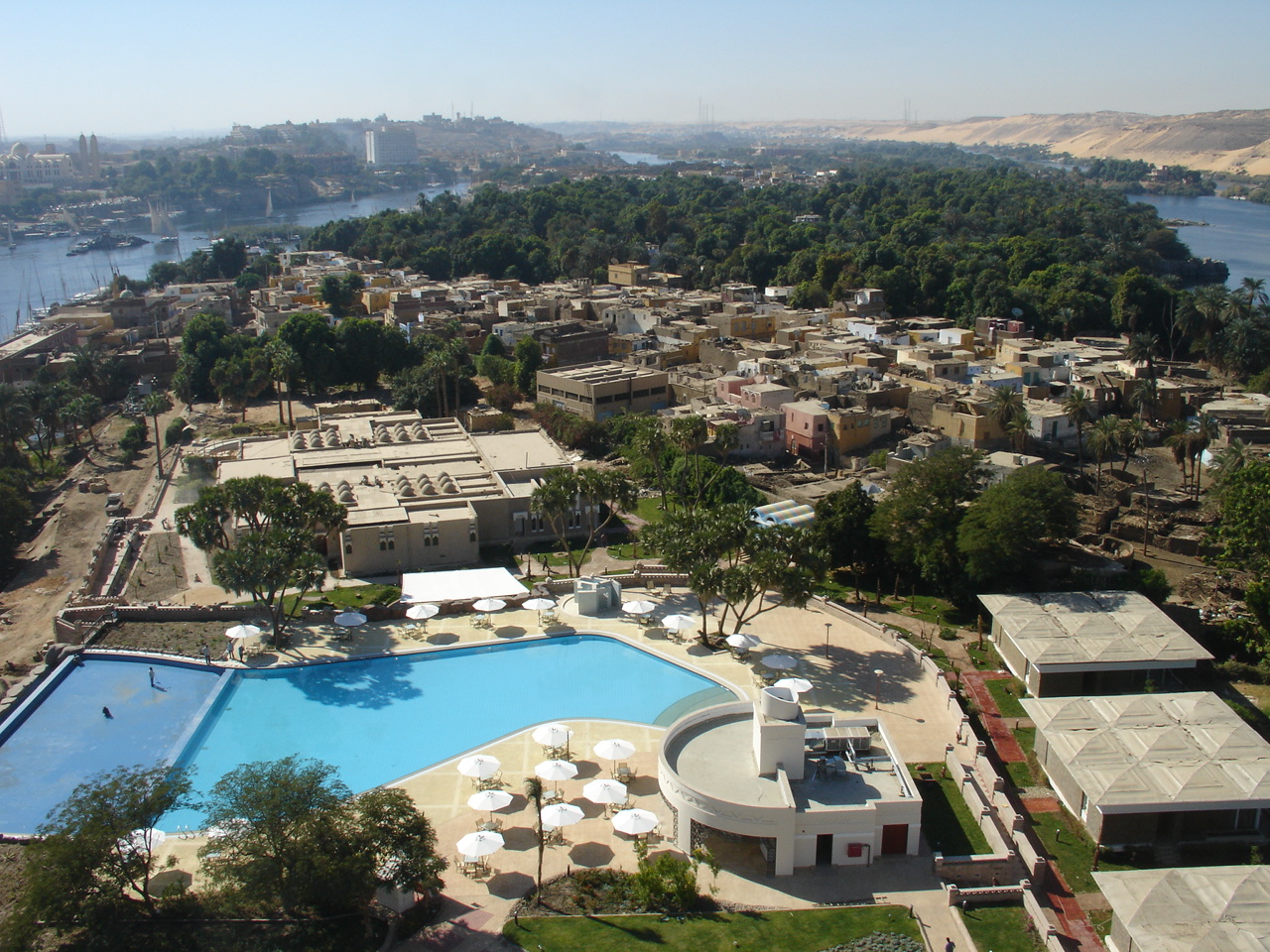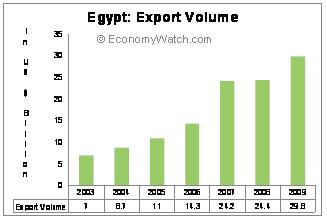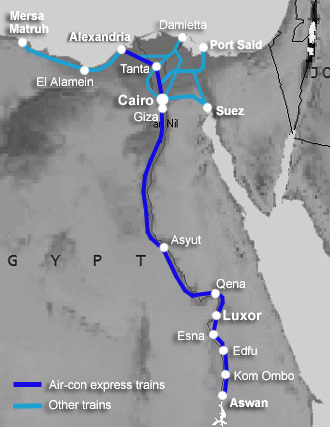There are many different aspects of Egypt that amazed me while I was there, whether it was the people, the cities, the buildings, the activities, or the location. One thing I noticed about the people in Egypt was the positive vibe. The people were welcoming, humorous, and generally did not mind where you were from or what you believed in. The feel was very positive, and I never felt uptight or uncomfortable asking for advice, or asking about their culture. Right when I first stepped foot in the Cairo Airport, I was welcomed by Egyptians who were also on my flight and returning home. They asked what I was planning on doing while in Egypt, and upon telling them that I was there purely to get a better understanding of their country, they were ecstatic. The man told me he wished more people would do what I did in Egypt. The man explained how he had visited 13 different countries, and there was nothing like Egypt. He recommended a few restaurants, all of which I went to while in Egypt. The man left me with a great welcoming to the country, and made me eager to interact with others during my three-week stay. Upon exiting the terminal, my first impression of what I saw was that the airport was very well-kept. On my way to the subway, I took note that it smelled in Cairo as it does in any other big city- like car exhaust and concrete. It felt like something I was used to- but not. I liked how new it felt, but I was not overwhelmed with the fact that I was almost 7,000 miles away from home.

I tried some traditional Egyptian cuisine, my favorite being Koshari. All of the food I tried had the perfect balance between spice and sweetness, and nothing was too unique. The types included stuff I had tasted before, but they were combined in a way that was very unique with new spices and toppings added on. For example, Koshari consisted of rice, noodles, beans, and some vegetables, but the combination and quantity of each made it unique and savory. This is how most of the food was- stuff I was used to, with a twist that made me appreciate the Egyptian culture.

These are a few more reasons that you should visit Egypt sometime soon, flights start at only about $1000.








